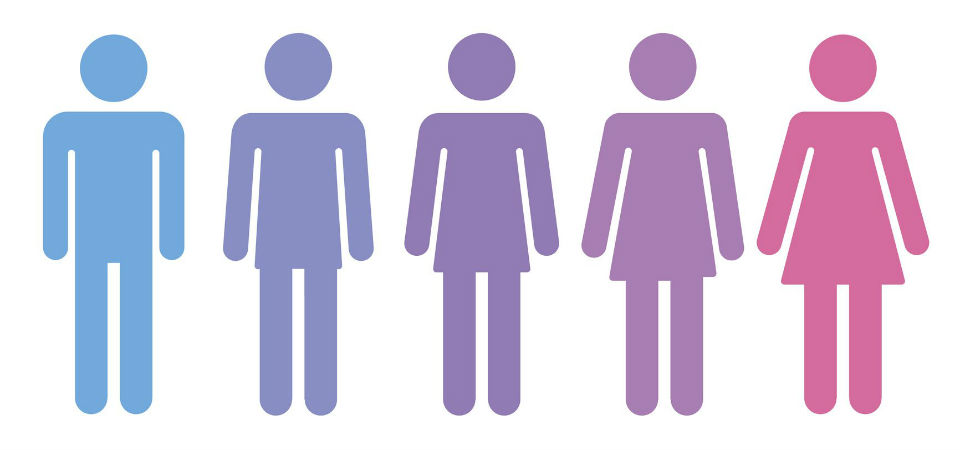Past studies have shown that the transgender community has a higher than average rate of problems concerning mental health, with a 2012 report finding that 35% had attempted suicide once and 25% had done so a second time.
Now, a new study by Loughborough University, The levels and predictors of physical activity engagement within the treatment seeking transgender population: A matched control study, has made a link between better mental health, physical activity and accessibility of cross-sex hormone drugs for transgender people.
Researchers studied 360 transgender people and compared these participants to 314 cisgender (non-transgender) participants, who were asked to complete questionnaires about physical activity, symptoms of anxiety and depression, self-esteem, body satisfaction and transphobia (i.e., negative evaluation based on gender identity).
The researchers had three aims when carrying out the study:
- Compare the amount of exercise done by transgender people with cisgender people
- Establish if there was a difference in physical activity levels depending on cross-sex hormone use
- Determine factors which predict physical activity among treatment seeking transgender people
The results showed that the transgender people were less active than their cisgender counterparts.
However, the research team also found that those transgender subjects who were on cross-sex hormones took part in more exercise than the transgender people who were not taking hormones.
And when the team looked at the answers given to questions about mental health, the transgender respondents who were not taking cross-sex hormones reported more symptoms of anxiety and depression, lower self-esteem and lower body satisfaction.
Beth Jones, who completed the study as part of her PhD, said that cross-sex hormone treatment appeared to be crucial in indirectly increasing physical activity through improvements in mental well-being within the transgender population, and therefore, the accessibility of treatment for transgender individuals needs to be increased.
“Physical activity and regular exercise have been found to improve mental health within the general population and could be beneficial for at-risk populations such as the transgender community,” she said.
“So, based on our findings, increasing the availability of cross-sex hormone treatment could be beneficial for alleviating mental health problem within the transgender community.”
“What we found was that transgender people are less active than cisgender people,” said Beth. “But also, that those not taking cross-sex hormone treatment were even less active than those who were on the drugs.
“It appears then, that cross-sex hormone treatment indirectly increases physical activity within this population, which may be beneficial for mental well-being.”
As well as increasing the availability of hormone treatment, the study also made a number of other recommendations aimed at indirectly increasing exercise.
Beth said: “These include a need to develop or implement interventions to increase self-esteem and body satisfaction, and, in turn, physical activity.
“In addition to this, it is recommended that gender confirming medical interventions are offered in a timely manner, especially cross-sex hormone treatment and mastectomy, so as to facilitate transgender individuals’ engagement in physical activity.
“In conclusion, there is an inequality in physical activity engagement between treatment seeking transgender people – especially those not on cross-sex hormones – and cisgender people.
“Cross-sex hormone treatment appears to be crucial in indirectly increasing physical activity engagement within the transgender population.”
One of the reasons for inactivity within the transgender community includes the number of barriers to participating in amateur and professional sport.
In a previous paper, Sport and Transgender People: A Systematic Review of the Literature Relating to Sport Participation and Competitive Sport Policies, Beth examined the policies which restrict transgender men and women from competing in sporting events.
She concluded that discrimination, a lack of a safe and comfortable environment, and the restrictions sport policies placed on this population all had a negative impact in the number of transgender people taking part in sport.
ENDS
